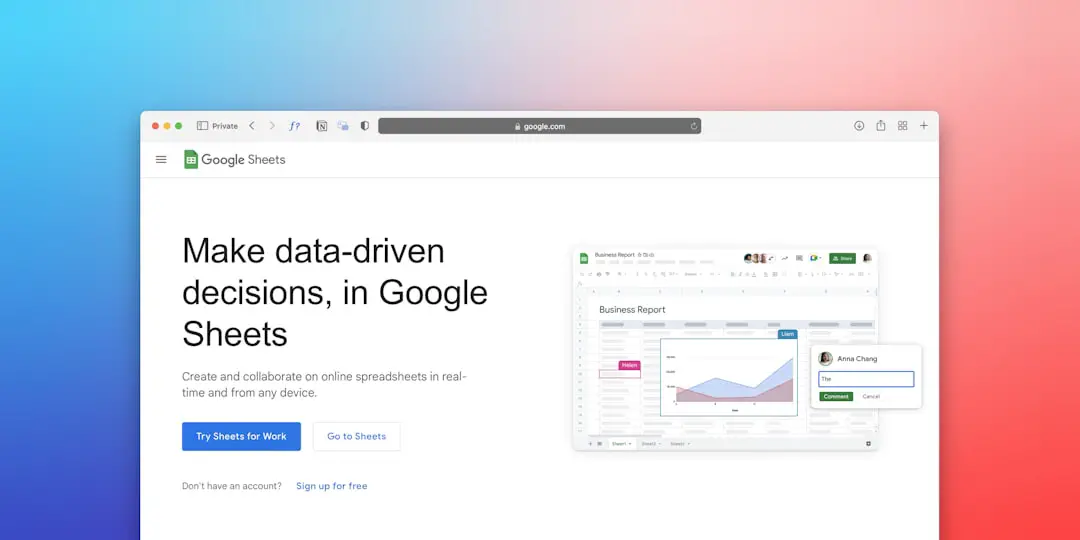In the modern digital landscape, big data and cybersecurity have become two pillars supporting the infrastructure of innovation and connectivity. While the potential of big data to drive progress is virtually limitless, it also presents unprecedented ethical challenges. Coupled with cybersecurity concerns, this creates a high-stakes balancing act between harnessing data for innovation and respecting individual privacy and societal values.
The Power and Promise of Big Data
Big data refers to the enormous volume of data generated from various sources—smartphones, wearables, social media platforms, IoT devices, and more. When analyzed effectively, this data can reveal patterns, predict trends, and drive smarter decision-making across industries.
- Healthcare: Big data analysis helps identify disease outbreaks, predict patient outcomes, and personalize treatment plans.
- Finance: Banks use behavioral data to detect fraudulent activity and tailor services to the needs of customers.
- Retail: Companies analyze purchase history and consumer behavior to optimize product placement and marketing strategies.
However, with great power comes the great responsibility of managing data ethically. The exploitation of big data without proper safeguards raises significant concerns surrounding privacy, security, and consent.

Cybersecurity in the Age of Big Data
As organizations collect more data, they also become more vulnerable to data breaches and cyberattacks. The aggregation of sensitive personal information, intellectual property, and governmental data makes big data systems an appealing target for malicious actors.
Cybersecurity, therefore, plays an essential role in mitigating these risks. Technologies such as firewalls, encryption, intrusion detection systems, and multi-factor authentication protect data against unauthorized access. Still, even the most sophisticated security measures can fall short if ethical standards are not upheld.
Common Cybersecurity Threats Linked to Big Data
- Phishing and Social Engineering: Using big data, attackers can craft highly personalized deceptive messages.
- Ransomware: With access to critical datasets, cybercriminals often extort companies by threatening to leak or destroy data.
- Insider Threats: Employees with legitimate access to data may misuse it, whether intentionally or inadvertently.

The Ethical Maze of Data Collection
At the heart of big data ethics lies the issue of informed consent. Individuals whose data is collected often have little understanding of where, how, or why their data is being used. Even in cases where users technically “agree” to terms and conditions, the complexity of legal language can obscure actual consent.
Compounding this issue is the fact that gathering seemingly non-sensitive data can still lead to the identification of individuals through data triangulation. For instance, combining GPS data from a fitness device with posted photos on social media can easily de-anonymize users.
Experts argue that ethical data handling should go beyond compliance and transparency. Organizations must embrace fair data practices such as:
- Ensuring data minimization: Collecting only what is necessary for the intended purpose.
- Implementing purpose limitation: Using data solely for the purpose originally agreed upon.
- Practicing algorithmic fairness: Preventing biased outcomes in data-driven decision-making.
Navigating Innovation with Responsibility
Businesses and governments are racing to leverage big data for efficiency and innovation. However, this relentless pursuit can overshadow crucial discussions about individual rights. The ethical management of big data is not a luxury—it’s a necessity for long-term trust and sustainability.
To balance innovation with responsibility, several strategies have gained prominence:
1. Ethical Frameworks and Guidelines
Entities like the European Union have set rigorous data protection standards through the General Data Protection Regulation (GDPR). These laws emphasize individuals’ control over their data, requiring organizations to use privacy-by-design approaches in their systems.
2. Data Stewardship and Governance
Organizations are appointing Chief Data Officers and ethics committees to oversee the responsible use of information. Strong governance ensures that ethical considerations remain at the forefront of data-related decisions.
3. Ethical AI and Machine Learning
When big data fuels machine learning and artificial intelligence, the ethical risks multiply. Algorithmic bias, lack of transparency, and unintended consequences must be actively addressed through diverse training datasets and explainable AI systems.
4. Public Awareness and Education
Empowering users to understand their data rights and the implications of data sharing fosters a more informed digital society. The more people know, the better they can advocate for ethical practices.
Building a Future of Secure, Ethical Innovation
Technology by itself is neither ethical nor unethical—it is the application of technology that defines its moral landscape. As we continue to innovate, big data and cybersecurity must evolve hand in hand to create systems that are not only advanced but also fair, secure, and accountable.
Walking the tightrope between innovation and responsibility demands multidimensional efforts from governments, private enterprises, researchers, and everyday users. It is only through collaboration and vigilance that we can ensure our data-driven future remains both promising and principled.
Frequently Asked Questions (FAQ)
-
What is big data?
Big data refers to extremely large datasets that are analyzed computationally to reveal patterns, trends, and associations, especially relating to human behavior and interactions. -
Why is cybersecurity important for big data?
Because big data often contains sensitive and personal information, it is a prime target for cyberattacks. Cybersecurity measures are crucial to protect this information from unauthorized access, theft, and misuse. -
What are the ethical issues related to big data?
Key ethical concerns include privacy breaches, data misuse, lack of informed consent, algorithmic bias, and the potential for surveillance and discrimination. -
How can organizations be more ethical with data?
By following principles of transparency, data minimization, purpose limitation, and fairness in algorithmic processes. Establishing ethical guidelines and appointing data stewards also helps. -
What role does legislation like the GDPR play?
GDPR sets legal standards for how personal data must be handled, aiming to give individuals more control over their own information and to hold organizations accountable for data misuse.
As this digital era unfolds, the intersection of big data and cybersecurity remains a critical focal point. The decisions made today will shape the ethical blueprint of tomorrow’s technological world. Balance, therefore, is not just advisable—it is imperative.
